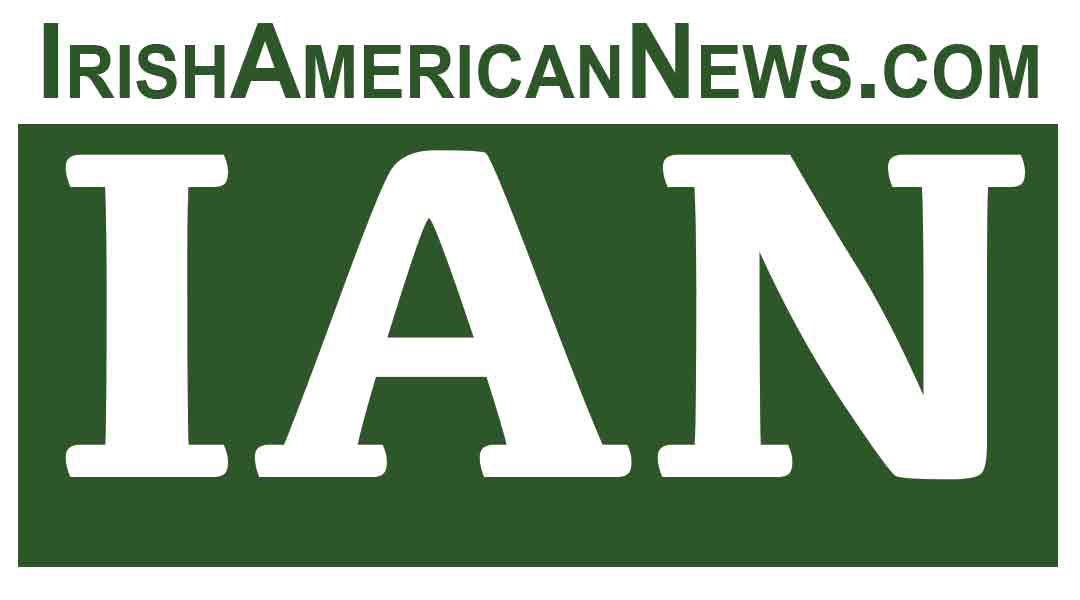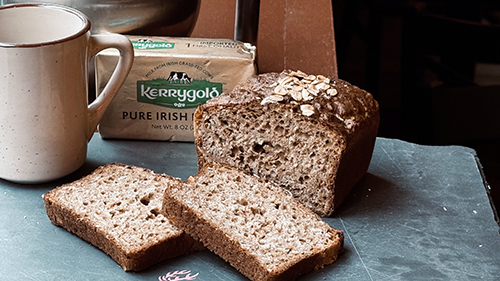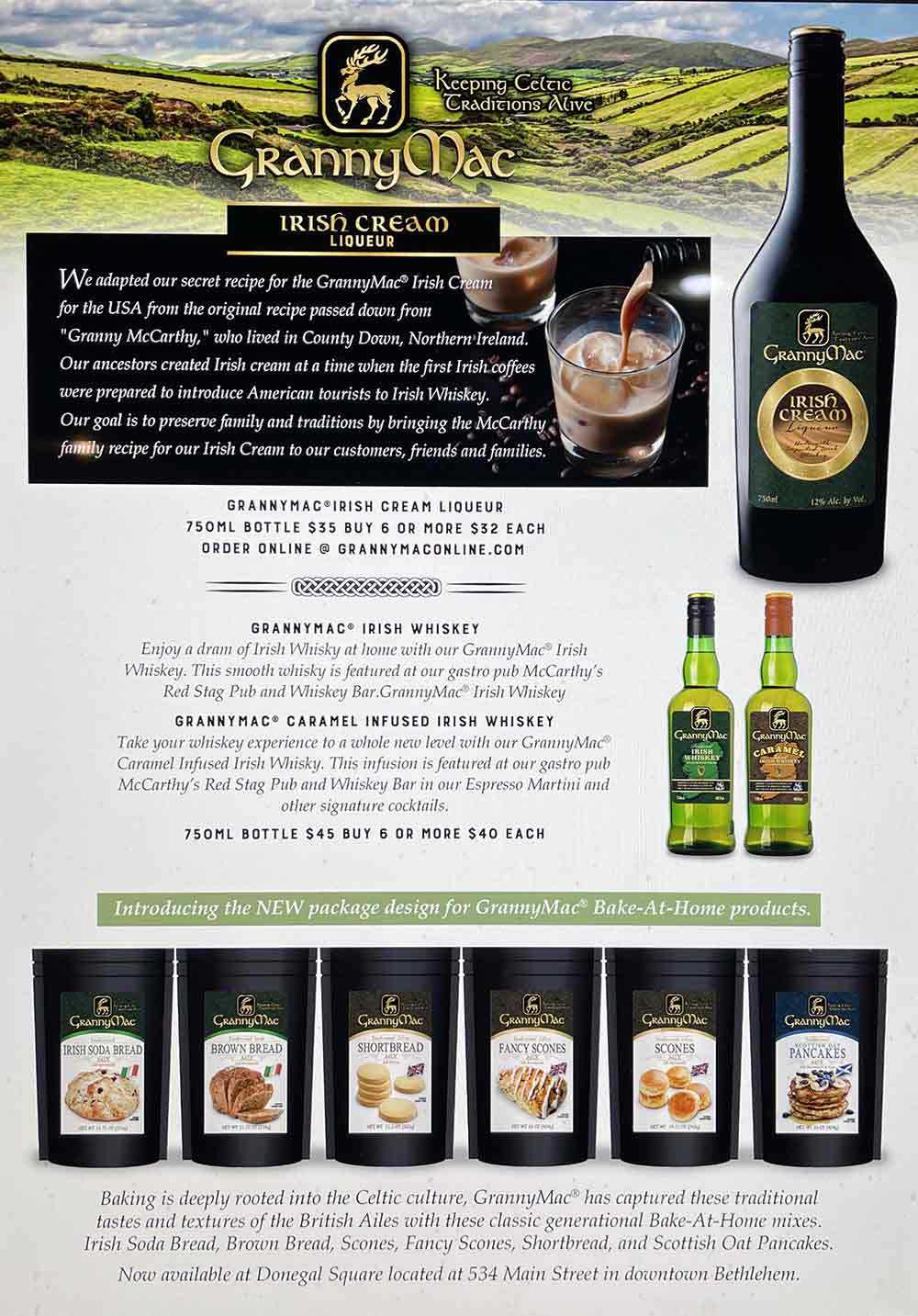The Mother and Baby Institutions Payment Scheme will open for applications on 20 March 2024.
Work is ongoing on establishing online application systems, rolling out comprehensive training for staff - including in trauma-informed care - and ensuring that all necessary communications, information and application forms for applicants are in place.
Once the Scheme has been established it will be well publicised and clear information and support around the application process will be provided to those who want to apply. If you believe you are eligible for the Scheme, take a look at the How to apply to the Payment Scheme page, for further information on how the application process will work when the Scheme goes live.
Where can I get an application form for the Mother and Baby Institutions Payment Scheme?
The Mother and Baby Institutions Payment Scheme is not yet open for applications and, as such, application forms are not yet available.
Once the Scheme goes live, you will be able to apply online by visiting www.gov.ie/paymentscheme
If you’d prefer to apply by post, you will also be able to: download a form from our website; or contact the Payment Scheme Office by phone or email to have a form posted to you.
Will I need to submit records documenting the time I spent in a Mother and Baby and/or County Home Institution as part of the application?
No. When the Scheme opens, you will not need to supply records documenting time spent in a Mother and Baby or County Home Institution.
You’ll simply need to confirm that you (or the person you are applying for) spent time in a scheduled institution and include the name of the institution(s).
You will also be asked to provide an indication, or your best estimate, of the dates of arrival to and departure from the institution(s). We understand that not everyone will know the exact arrival and departure dates from the institution(s) concerned, so if this is the case, don’t worry.
If you have a query about accessing your personal information, you can find further information here
How do I get my identification certified for a Payment Scheme application?
When you make an application, you will need to provide a certified copy of photo ID, and other relevant documents, in some cases.
A certified copy of an original document is a photocopy that has been signed by an authorised person.
A full list of who can certify your identification is listed on the Certification of documents page.
What are people entitled to under the Mother and Baby Institutions Payment Scheme?
There are three benefits available under the Payment Scheme:
- a general payment;
- a work-related payment; and
- health support.
The level of the financial payment will depend on the amount of time spent in one of the institutions. Further information on the payment rates for general and work-related payments is available here.
The health supports will be either:
• an enhanced medical card; or
• for people living outside of Ireland only, a health support payment valued at €3,000, instead of the enhanced medical card.
The enhanced medical card entitles the holder to the following services, without charge, under the public health system in Ireland:
• GP services;
• prescribed drugs, medicines, aids and appliances;
• dental, ophthalmic (services to help with eye diseases) and aural (hearing)
• services;
• home nursing;
• home support;
• counselling;
• chiropody/podiatry (feet issues); and
• physiotherapy.
In addition, if you have a medical card you do not have to pay the €100 Emergency Department statutory charge.
Who is eligible for the Mother and Baby Institutions Payment Scheme?
People who spent time as mothers or as children in one of the listed Mother and Baby or County Home Institutions, may be eligible for benefits under the Payment Scheme.
As above, there are three benefits available under the Payment Scheme: a general payment; a work-related payment; and health supports.
Full information on the eligibility criteria for each is available on the Eligibility criteria page.
What institutions are covered by the Mother and Baby Institutions Payment Scheme?
This Scheme will cover the Mother and Baby Institutions investigated by the Commission of Investigation and all County Home Institutions. The full list, as per the legislation, is outlined
on the Institutions covered by the Payment Scheme page.
Can I apply to the Mother and Baby Institutions Payment Scheme on behalf of someone who has died?
Yes, it will be possible for the personal representative of a deceased relevant person to make applications for a financial payment where the person died on or after the date of An Taoiseach’s apology to survivors on 13th January 2021.
The Payment Scheme Office will only deal with one personal representative for an application. If you are applying on behalf of someone who has died, you will need to provide supporting documentation to verify that you are the personal representative for the deceased person’s estate. If there is more than one personal representative, you will be asked to attach a letter to the application, signed by all personal representatives, nominating you as the personal representative for the application and agreeing that the Payment Scheme Office will deal with you alone in respect of the application. If this letter cannot be provided, an application can proceed, but the Payment Scheme Office will deal with the first personal representative who has come forward with an application in relation to the estate of a deceased person.
In terms of documentation, you will need to provide a copy of the person’s Death Certificate, as well as an additional proof of your right to represent the estate, like a certified copy of the Grant of Probate, or a certified copy of the Letter of Administration.
For further information on the application process, take a look at the How to apply to the Payment Scheme page.
Will any applicants be prioritised within the Mother and Baby Institutions Payment Scheme? How will this work?
Yes, generally speaking, applicants will be prioritised by age and applications will be processed in age order.
I live abroad, can I apply to the Mother and Baby Institutions Payment Scheme?
The Scheme is not yet open to applications, however if you are living abroad and think that you may be eligible for this Scheme, you will be able to apply in the same way as someone
living in Ireland, once the Scheme opens – that is via the online portal or by post, if you’d prefer to use a paper form.
Regardless of where you are living, the financial payments from this Scheme are awarded in the same way.
In terms of health supports, the services available through the enhanced medical card cannot be availed outside of Ireland. So, if you live abroad, you can apply for a health support payment valued at €3,000, instead of the enhanced medical card. It’s important to note that, if you live outside Ireland and still wish to be issued with an enhanced medical card, to have should you return to Ireland either temporarily or permanently, you will need a Personal Public Service Number (PPSN). In addition, to avail of the services offered through the enhanced medical card, you must be registered with a General Practitioner in Ireland.
Will I need legal representation to make an application to the Scheme?
There is no need to obtain legal support or advice to submit your application to the Scheme. The application process will be straightforward and the responsibility to check for records lies with the Chief Deciding Officer, not the applicant.
Once the Scheme is launched, there will be information and support available to applicants to help them through the application process..
Do I need to obtain legal advice at any stage of the process? Will I be required to sign a legal waiver before I receive a payment?
If you decide to accept a payment under the Scheme you will have to sign a legal waiver. The legal waiver says that you will not bring any legal proceedings and will discontinue any
proceedings already commenced (if any) against a public body, that relate to the circumstances your application to the Payment Scheme concerns. Signing a waiver will not prevent you from discussing the payment you have received from the Scheme, if that is your wish.
To help you to decide if you want to take the payment and sign the waiver, you will be entitled to a capped amount of financial support for independent legal advice. When you are asked to sign the waiver, you will also already know how much is being offered to you by the Scheme.
Until you accept an offer under the Scheme, you will still have the right to bring a case to court if you wish. If you have received a court settlement in respect of the circumstances experienced and relating to the same time period in the institution or institutions that is being applied for, you will not be eligible to apply for a general payment or work-related payment. However, you may still be eligible for health supports.
Are there counselling supports available to survivors and former residents of Mother and Baby and County Home Institutions?
Yes. We recognise that for many survivors and former residents their experiences in these institutions continue to impact them greatly today. We are committed to ensuring that support is available for anyone who may need it. Professional counselling support is available, free of charge, for former residents of Mother and Baby and County Home Institutions. Full details are available here.











